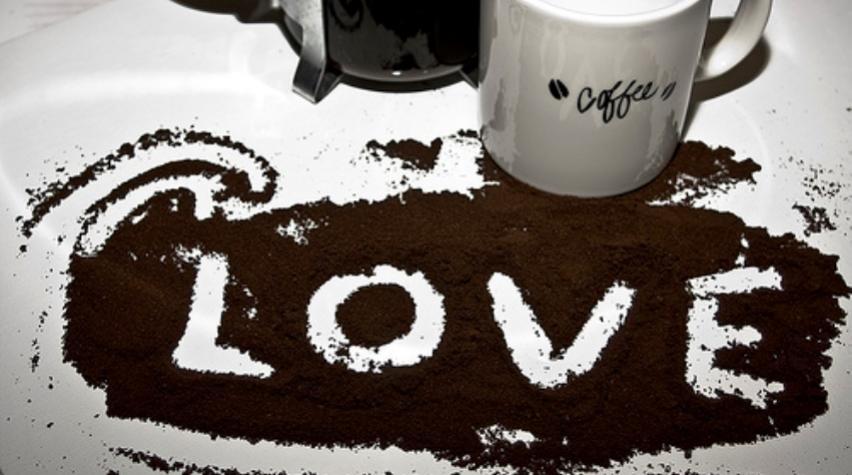
This post is presented by SBE, the Society for Biological Engineering--a global organization of leading engineers and scientists dedicated to advancing the integration of biology with engineering.
Do you drink coffee in the morning to help jump start your day? Do you enjoy the smell of coffee, maybe too much? Is your first born named Folgers? If you answered "yes" to at least 2 of these questions you're like most Americans. The United States is a nation of coffee drinkers. There are about 130 million of us, roughly half of the U.S. population, and we consume an average of 3 to 4 cups of coffee daily. It's no coincidence that a freshly brewed pot of coffee draws coworkers from distant hallways. We all know that coffee wakes us up because it contains caffeine, but most don't know how or why caffeine has this effect. Caffeine starts its journey in your mug, to your stomach, and through your blood into the brain. Once inside the brain, caffeine meets its arch enemy, adenosine. This video from How Stuff Works does a good job of explaining it:
Adenosine is a neurotransmitter that binds to (and stimulates) adenosine receptors, which makes us feel sleepy. Due to structural similarities between the caffeine and adenosine molecule, caffeine competes with adenosine to bind to these adenosine receptor. The lack of adenosine receptor stimulation results in a familiar feeling we all know as the "caffeine buzz".
- Everyday in the U.S. 90% of adults and 76% of children consume caffeine.
- The top three caffeinated drinks are coffee (71%), soft drinks (16%), and tea (12%).
But user beware: enjoy caffeinated beverages too much and too often, and you may become caffeine tolerant. In response to the lack of adenosine receptor stimulation, your body will make more adenosine receptors available. More adenosine receptors means you need more caffeine to achieve the same buzz. If you find it hard to function in the morning without caffeine you may have crossed into caffeine addiction. The increased amount of adenosine receptor stimulation in your brain is making you feel more tired, have a headache, or experience other withdrawal symptoms. But good news, caffeine addiction is reversible! If you can manage to avoid the temporary fix (in the mug on your desk) then you are likely to experience 1-5 days of withdrawal symptoms. After this time period the number of adenosine receptors returns to normal. Thanks to Terry Tate and great Super Bowl commercials, everybody is familiar with the golden rule of communal coffee consumption ("...you kill the Joe, you make some 'mo"), but you should be aware of other rules of office coffee etiquette.
If you're an AIChE coffee consumer, or conscientious objector, please share with us your consumptions habits in our poll and the comment box below.
image:http://www.flickr.com/photos/togga/ / CC BY-NC-SA 2.0
Related articles by Zemanta
- Love your cup o' Joe? (thindependence.com)
- The Caffeine in Espresso Versus Other Beverages (yearn2blog.com)



Comments
Perhaps it isn't coffee, but I can't start my day without my cup of tea!
Pretty neat. I wonder what the physiological effects of regular coffee consumption are..
It's weird but sometimes I actually feel tired after too much coffee.
I found a website that doesn't even pretend to be objective (Overcaffeinated.com) regarding caffeine, nonetheless I agree that over caffeination can result in lost sleep. "Perhaps the most important long-term problem is the effect of caffeine on sleep. The half-life of caffeine in the body is about 6 hours. If you drink a big cup of coffee with 200 mg of caffeine at 4PM, at 10PM you still have about 100mg in your body. By 4AM, you still have 50mg floating in your system. Even though you may be able to sleep, you may not be able to obtain the restful benefits of deep sleep. What's worse, the cycle continues as you may use more and more caffeine in hopes of counteracting this deficit."